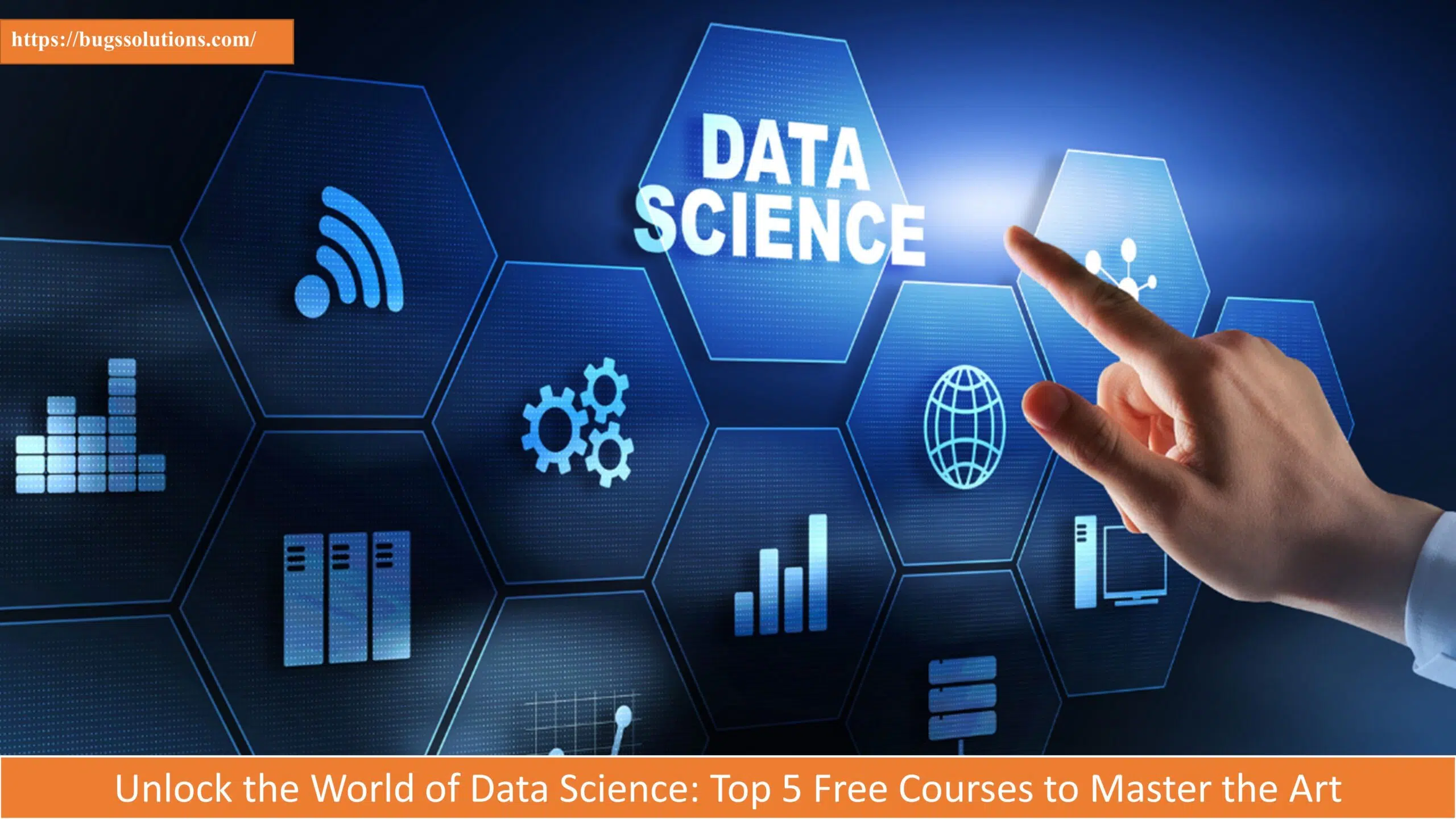1. Python for All Users
If you’re looking to learn Python, Professor Charles Severance’s Python for Everyone course at the University of Michigan is an excellent choice. This free course covers everything you need to know about working with data and teaches Python programming step by step. To enhance your learning experience, you can also use the book “Python for Everyone” alongside the course. The topics covered include Python programming basics, data structures, loops, conditional execution, web applications, and data presentation. You can find the course at the Python for All Users URL.
2. Data Analysis with Python
Once you have a good grasp of Python, it’s time to delve into data analysis using Python. Check out the free course called “Data Analysis with Python from Jovian” on the freeCodeCamp YouTube channel. This course provides hands-on practice activities and a final project to help you work with data science libraries. Before diving into Python data analysis libraries, make sure to brush up on your Python programming basics. The course covers the following topics:
- Basics of Python: Start with the fundamentals of Python programming.
- Numerical analysis using NumPy: Learn how to perform numerical analysis using the NumPy library.
- Tabular data analysis with pandas: Understand how to analyze tabular data using the pandas library.
- Visualization with Seaborn and Matplotlib: Explore data visualization using Seaborn and Matplotlib libraries.
- Course assignment – Investigative Data Analysis: Apply what you’ve learned in a practical assignment.
You can find the course at this URL: Analyzing Data in Python.
3. Databases and SQL
In the “Introduction to Databases in Data Science” course, you’ll acquire fundamental database skills crucial for data scientists. This freeCodeCamp course covers SQL and databases, which are vital for various data-related careers. The course covers the following topics:
- Foundations of databases: Understand the basics of databases.
- Simple SQL: Learn how to write effective SQL queries.
- CRUD procedures: Gain knowledge about Create, Read, Update, and Delete operations in databases.
- Joins, unions, and functions: Explore more advanced database operations like joins, unions, and functions.
- Nested questions: Dive into the world of complex SQL queries.
You can find the course at this URL: SQL Databases and.
4. Intro to Inferential Statistics
To succeed in data science, it’s crucial to have a solid understanding of statistics, in addition to high school math like Calculus, Probability, and Linear Algebra. Check out the free course “Intro to Inferential Statistics” in Udacity’s library. This course covers important statistical concepts with practical coding exercises to test your skills. The course covers the following topics:
Also Read : WhatsApp ads: Status and Channels May Soon Feature Ads
- Estimation: Making educated guesses about population parameters.
- Hypothesis Testing: Evaluating assumptions about a population based on sample data.
- t-Tests: Comparing means of two groups to see if they are significantly different.
- ANOVA: Analyzing variance among different groups.
- Chi-Squared Test: Assessing the association between categorical variables.
- Correlation: Examining relationships between variables.
- Regression: Predicting one variable based on another.
You can find the course here.
5. Machine Learning Zoomcamp
After completing the mentioned courses, you should be comfortable with the basics of statistics, data analysis, and Python. Now, it’s time to step into the exciting world of machine learning. The Zoomcamp.Club course by Robotic Learning DataTalks is an excellent choice. This hands-on course teaches machine learning principles through coding and covers diverse topics, including deep learning and deploying models. The course curriculum includes:
- Descriptive Regression Analysis: Understanding and explaining relationships within data.
- Assessing models for machine learning: Evaluating the performance of machine learning models.
- Using models for machine learning: Applying machine learning models to real-world problems.
- Decision trees and group education: Learning about decision trees and their application in group education scenarios.
- Deep learning and neural networks: Exploring advanced topics like deep learning and neural networks.
- TensorFlow and Kubernetes for Serving: Using TensorFlow and Kubernetes for deploying and serving machine learning models.










